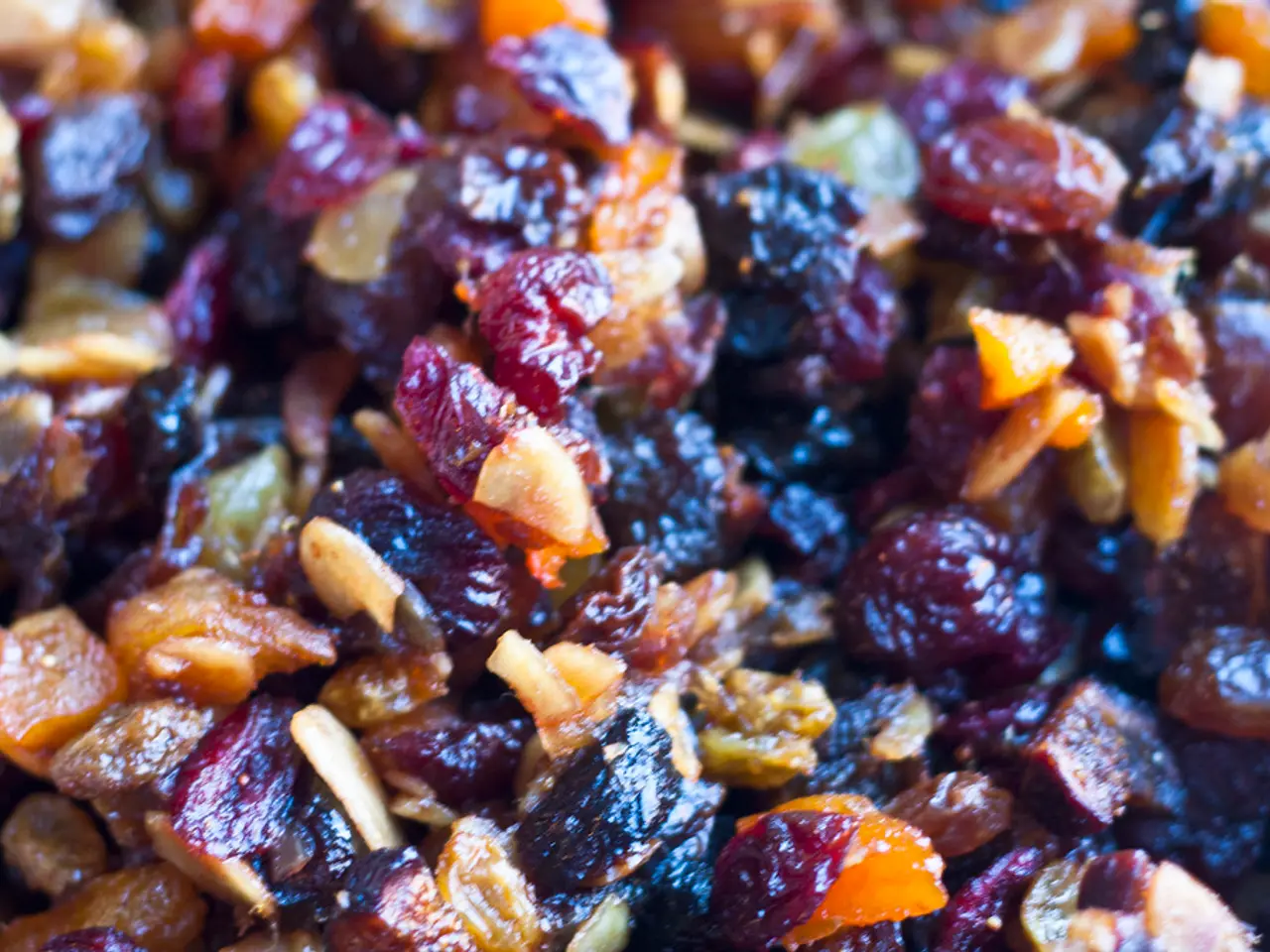Proposal approved for safeguarding employees from radiation hazards due to ionizing radiation.
In a bid to strengthen a more sustainable and environmentally friendly diet, the Scientific Council for Agricultural Policy, Nutrition, and Consumer Health Protection (WBAE) has recommended actively promoting plant-based, precision-fermented, and cultivated alternative products to animal foods. The council urges giving these alternative proteins equal status alongside traditional animal-based products and whole plant foods.
The WBAE's report, titled "More Choice on the Common Table: Alternative Products to Animal Foods as a Contribution to a More Sustainable Diet," suggests a stronger role for these sources in a sustainable food system. The report highlights the economic potential of alternative proteins, as discussed in the Systemiq (2025) report, and the untapped climate opportunity in alternative proteins, as discussed in the BCG (2022) report.
ProVeg Germany, an organisation that advocates for a shift towards plant-based and climate-friendly diets, supports this initiative. ProVeg views it as a sign of future-oriented food policy and a significant step towards promoting alternative proteins, as stated in the coalition agreement.
The WBAE's recommendations include creating a clear, long-term research vision for alternative proteins, potentially via a technology roadmap. They also suggest increasing public funding and support for basic science and innovation in this sector, building a coordinated research hub to connect stakeholders across academia, industry, and policy, and encouraging a fact-based, inclusive public debate on food future that avoids ideological divisions.
Furthermore, the WBAE calls for establishing fair competitive conditions for alternative proteins in the market and harnessing sustainable alternative products constructively among political, business, and civil society actors to increase consumer choice. ProVeg Germany agrees that these measures can help overcome key barriers to bringing alternative proteins to market, particularly by fostering innovation, establishing reliable regulation, and ensuring fair competition.
In addition, the WBAE welcomes the recommendation to further develop the Chance Program for Farms (CPH) and expand it to the entire value chain, providing targeted support for agricultural operations focusing on the production and processing of alternative protein sources. The members of the advisory board see particular potential in community catering and recommend increasingly integrating enriched plant-based alternatives into meal plans.
Currently, plant-based milk alternatives are disadvantaged compared to cow's milk in terms of taxation in Germany, with a 19% VAT rate compared to 7% for cow's milk. A joint petition by retailer REWE and manufacturers vly, Berief, and Oatly calls for aligning the VAT rate on plant-based milk alternatives with that of cow's milk, as already done in the Netherlands, Portugal, and France. This move could position Germany as a pioneer in the innovative sector.
The Nutri-Score can serve as a useful orientation for consumers, creating transparency. The German Society for Nutrition e.V. has published a position on cow's milk (products) and plant-based milk alternatives in a more sustainable diet, emphasising the importance of political leadership, research investment, and regulatory innovation to promote alternative proteins as central to future food sustainability in Germany.
In summary, both the WBAE and ProVeg Germany emphasise the importance of political leadership, research investment, and regulatory innovation to promote alternative proteins as central to future food sustainability in Germany. The organisations believe that these steps can help overcome key barriers to bringing alternative proteins to market, particularly by fostering innovation, establishing reliable regulation, and ensuring fair competition, ultimately providing consumers with a greater variety of plant-based food options.
The WBAE and ProVeg Germany advocate for the promotion of alternative proteins, such as plant-based, precision-fermented, and cultivated products, in the field of health-and-wellness, as a potential solution for a more sustainable future. They encourage increasing public funding and support for the science behind these alternative foods, aiming to foster innovation and ensure fair competition.




